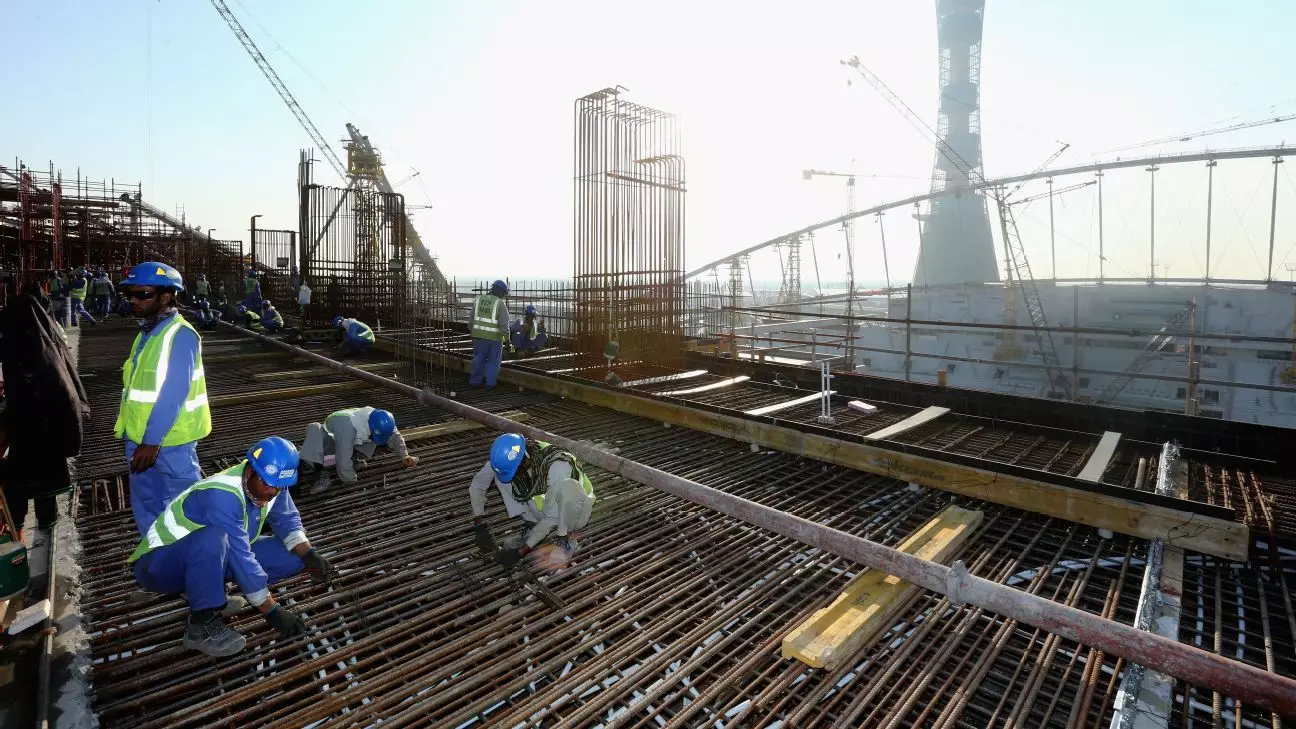In a groundbreaking initiative, FIFA has established a $50 million legacy fund aimed at enhancing social programs worldwide. Announced in collaboration with key global entities such as the World Health Organization (WHO), the World Trade Organization (WTO), and UNHCR—the United Nations Refugee Agency—this move comes in the wake of the 2022 World Cup held in Qatar. The fund represents FIFA’s commitment to addressing pressing social issues, particularly for those most vulnerable and affected by conflict, poverty, and exploitation.
As the governing body of world football, FIFA has acknowledged its responsibility to leverage football’s global influence for humanitarian purposes. FIFA President Gianni Infantino highlighted that the legacy fund aims to extend its impact beyond traditional sports development. This initiative targets critical areas such as refugee assistance, education, and health, particularly focusing on occupational safety. By allocating around 1% of its commercial revenue from the 2022 World Cup to this cause, FIFA is setting a new benchmark for how sports organizations can engage in meaningful social change.
FIFA’s partnership with the WHO to support the “Beat the Heat” campaign is particularly noteworthy. With Qatar facing international scrutiny over labor conditions during its mega event, this initiative aims to protect at-risk populations from extreme weather conditions. The troubling reports of foreign worker exploitation have highlighted the urgent need for improved labor practices and safeguarding measures. By focusing on health and safety, FIFA’s legacy fund could help mitigate some of the criticisms aimed at the host nation while fostering a more equitable sporting environment.
Empowering Refugees and Women
The collaboration with UNHCR promises to enhance access to services for refugees, transforming the legacy of the World Cup into a potent tool for humanitarian aid. Filippo Grandi, the UN High Commissioner for Refugees, emphasized the fund’s potential to provide life-saving assistance and create long-term opportunities for those displaced by conflict. Equally significant is FIFA’s commitment to economically empowering women through the Women Exporters in the Digital Economy (WEIDE) Fund, which expands opportunities for female entrepreneurs. This dual approach not only addresses gender disparities but also aligns with global efforts to foster sustainable economic development.
On the sporting front, FIFA is working with Qatar’s Aspire Academy and its own Talent Development Scheme, led by former Arsenal manager Arsène Wenger, to nurture young talent in underprivileged areas. This initiative reflects FIFA’s understanding that sports can serve as a vehicle for positive change and community development. By investing in youth football capabilities, FIFA is ensuring that the legacy of the 2022 World Cup extends beyond the tournament, fostering future generations of players and contributing to the global football culture.
FIFA’s launch of the $50 million legacy fund signifies a crucial turning point in how sports organizations engage with social issues. By addressing the welfare of vulnerable populations, supporting women’s economic empowerment, and fostering talent development, FIFA is solidifying its role not just as a sports authority but as a global leader in humanitarian efforts. This approach could inspire other sporting organizations to adopt similar initiatives, ultimately leading to a richer legacy for sports worldwide.

